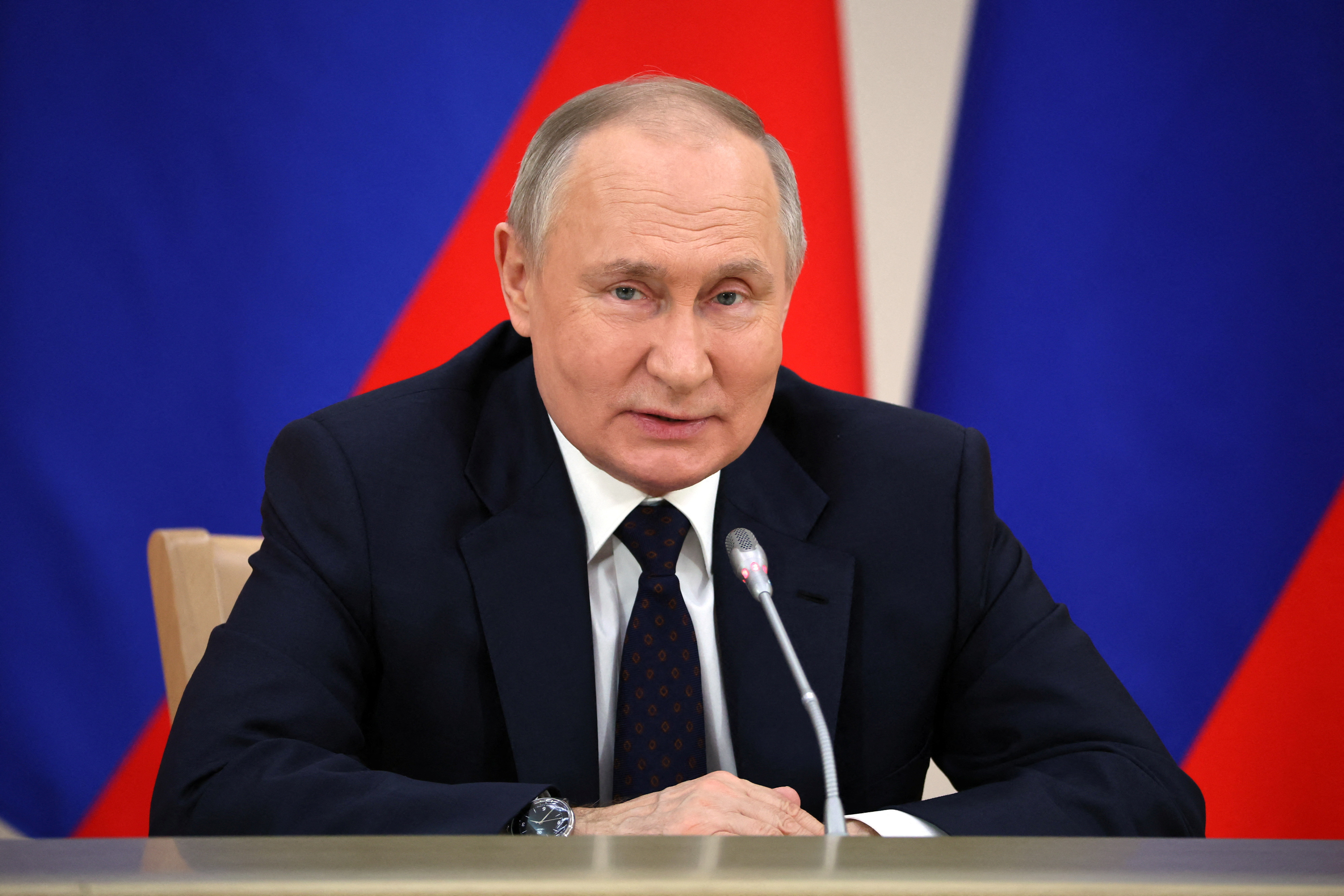
The discussion took place against a backdrop of increased military activity in Eastern Europe. Ukraine has been ramping up its military operations, aiming to undermine Russian positions in occupied territories. Intelligence sources suggest that Ukraine plans to deploy upgraded cruise missiles, potentially sourced from Western suppliers, to target key military infrastructure within Russian-occupied areas. This development has prompted an urgent reassessment of Russia’s nuclear posture, leading to a strategy that emphasizes the deterrent role of its nuclear arsenal.
Sources indicate that the high-stakes meeting involved key figures such as Defense Minister Sergei Shoigu and Chief of the General Staff Valery Gerasimov. The primary objective was to assess the operational readiness of Russia’s nuclear forces and to outline measures for ensuring their effective deployment should the situation escalate. The Kremlin’s rhetoric surrounding nuclear capabilities has intensified, serving as a warning to Ukraine and its allies about the potential consequences of further military advancements.
Analysts suggest that Russia’s focus on nuclear strategy is not merely a reflection of internal policy adjustments but also a response to perceived threats from the West. The supply of Western weaponry to Ukraine, including advanced missile systems, has been a critical factor in shaping Russia’s military strategy. As Ukraine continues to innovate its tactical approaches, including the integration of drones and precision strikes, Moscow is keen to showcase its nuclear capabilities as a counterbalance to these developments.
U.S. intelligence reports indicate that Ukraine has acquired long-range cruise missile technology, allowing it to strike targets well behind enemy lines. The capability to engage Russian military installations from significant distances could shift the balance of power in the ongoing conflict. Experts argue that this enhances Ukraine’s deterrence strategy, pushing Russia to reassess its military and nuclear strategies in real time.
Recent comments from Russian officials suggest a hardening of rhetoric around the use of nuclear weapons. Following Ukraine's announcement of its missile capabilities, Kremlin spokesperson Dmitry Peskov stated that any attempt to strike Russian territory would provoke a severe response. This reflects a broader narrative within Russian military doctrine that emphasizes the use of nuclear deterrence in the face of perceived existential threats.
Putin's administration is also grappling with the internal ramifications of its military strategy. Public sentiment regarding the war has been mixed, with increasing scrutiny over the effectiveness of military operations and the human cost of the conflict. The Kremlin is under pressure to demonstrate decisive actions that not only secure military objectives but also bolster national pride and maintain public support for the ongoing operations.
The meeting’s outcome is likely to influence Russia’s military strategy in the near term. Observers suggest that an increase in military exercises simulating nuclear scenarios may be on the horizon as Russia seeks to reaffirm its stance as a global nuclear power. The timing of these discussions, amid heightened tensions with NATO and Western allies, suggests a calculated move to project strength both domestically and internationally.
In Ukraine, the military leadership has responded to the escalating threats by accelerating its arms procurement strategies. Reports indicate that Ukrainian forces are not only receiving more sophisticated weaponry from allies but are also enhancing their tactical training to maximize the effectiveness of these new systems. The focus on cruise missiles is part of a broader strategy to capitalize on Ukraine's geographic advantages and to exploit weaknesses in Russian defenses.
The international community continues to monitor these developments closely, aware of the implications for regional stability. NATO has reaffirmed its support for Ukraine, pledging continued assistance in the form of military supplies and intelligence sharing. This support is seen as critical in countering Russia’s military actions and in preventing further escalation that could draw in more nations.
